Chronic multimorbid elderly subjects represent a heterogeneous population at high risk for negative health outcomes including institutionalization, hospital admission and readmission. Recent guidelines suggest that implementing patient- tailored strategies of integrated and coordinated multidimensional care including dietary and behavioral interventions, appropriate drug prescription as well as functional and cognitive rehabilitation programs may ameliorate clinical outcomes and prevent functional and cognitive impairment. Implementing this comprehensive strategy in the real world is however limited by the fragmented delivery of care.
In order to face this challenge, the MULTIPLATAGE project (NET-2016-02361805) aims to develop and implement a multicomponent intervention platform of common strategies to improve tailored management of community-dwelling older people with multimorbidity and polypharmacy. Interventions include:
- a care transition model in a home-oriented protected area by using high technology systems for monitoring of clinical, functional and mobility parameters;
- an innovative homecare system by using biometric analyzers, movement detectors and pill boxes, as well as home services for grocery and food supply in order to improve activities of daily living, reduce inappropriate use of health services and medications;
- appropriate drug prescription programs in older people in polypharmacy living at home and in long-term care facilities in order to define treatment reconciliation guidelines;
- home- based tele-rehabilitation programs to improve mobility and balance and cognitive functions and reduce the risk of function and cognitive decline.
Co-funded by the Ministry of Health within the Call Finalized Research (Year 2016, Network Projects), MULTIPLATAGE partnership includes health service institutions (EO Ospedali Galliera and Ospedale Policlinico San Martino of Genoa, University Federico II of Naples, A. O.U. Maggiore della Carità in Novara, AOU "Mater Domini" in Catanzaro, ASP Crotone and Istituto S.Anna also in Crotone) and the 4 respective regions (Liguria, Campania, Piemonte and Calabria), which also act as co-funders. The coordinating center for the entire project is Ente Ospedaliero Ospedali Galliera (Principal Investigator: Prof. Alberto Pilotto), while each local SSN unit is responsible for its own research project (WP) whose results will be integrated by a centralized multidimensional platform for better decision making in the clinical setting, with regard to the above mentioned topics.
The 5 regional level research projects are:
- WP1 – EO Ospedali Galliera / Regione Liguria: Study PROHOME, Development and validation of a care protected transition model by using high technology systems towards multimorbid and polytreated older people;
- WP2 - Università degli Studi Federico II di Napoli / Regione Campania: The ICT based integrated care of chronic multimorbid patients at their home: the EASYDOMtrial;
- WP3 - A. O.U. Maggiore della Carità in Novara / Regione Piemonte: Evaluation of appropriateness of drug prescriptions in the elderly and development of programs to improve it in Piedmont;
- WP4 – Ospedale Policlinico San Martino / Regione Liguria: Combined training with Action observation and exergames (eAction-training) to improve balance and gait stability in elderly subjects at risk for falls;
- WP5 - AOU "Mater Domini" in Catanzaro, ASP Crotone and Istituto S.Anna also in Crotone / Regione Calabria: Clinical efficacy and neurophysiological correlates of cognitive stimulation in aged subjects with mild and moderate cognitive impairment.
MULTIPLATAGE is a 3 years project, kicked off in February 2020.
Principal Investigator
Prof. Alberto Pilotto (Director of the Geriatric, Ortogeriatric Care and Rehabilitation Department, This email address is being protected from spambots. You need JavaScript enabled to view it.)
Administrative managers
Alberto Ferri (Project Manager, This email address is being protected from spambots. You need JavaScript enabled to view it.)
Daniela Cademartori (Administrative / Financial Manager, This email address is being protected from spambots. You need JavaScript enabled to view it.)




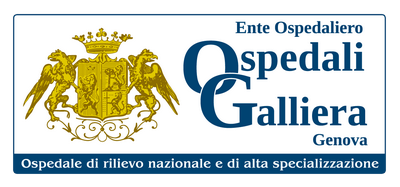
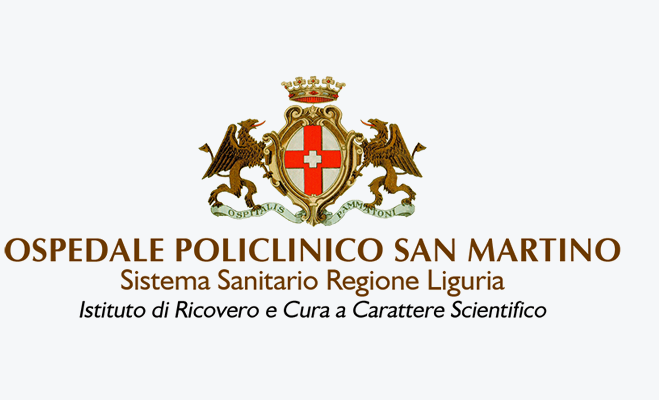
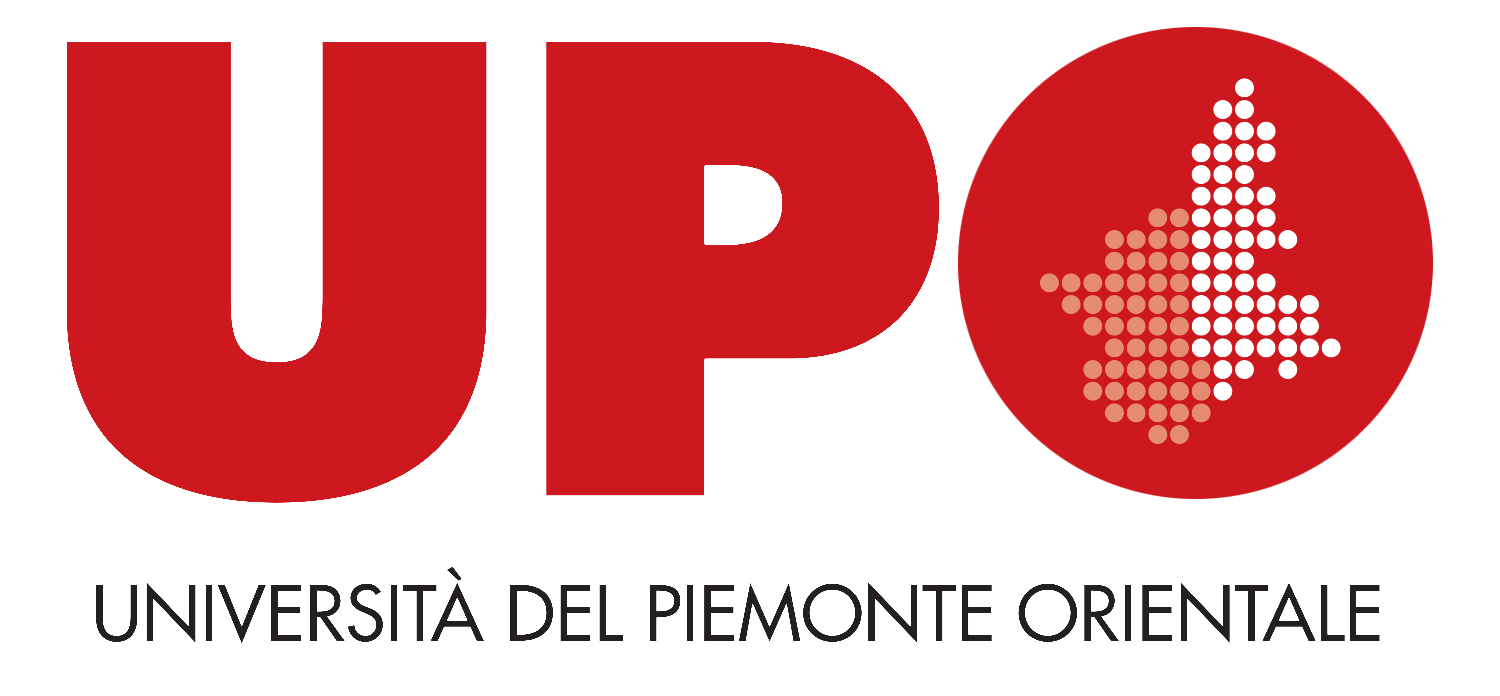


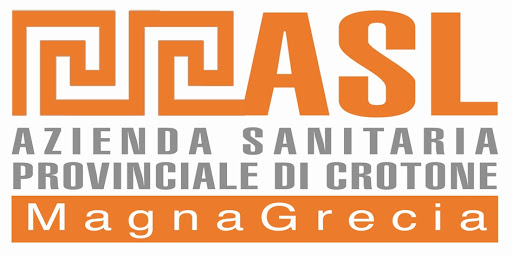



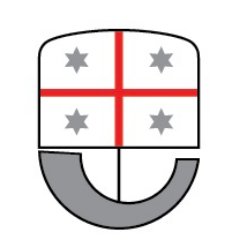




 Progetto co-finanziato dal Ministero della Salute, Direzione Generale della Ricerca e dell'Innovazione in Sanità, attraverso il Bando di Ricerca Finalizzata, Anno 2016, Progetti di Rete
Progetto co-finanziato dal Ministero della Salute, Direzione Generale della Ricerca e dell'Innovazione in Sanità, attraverso il Bando di Ricerca Finalizzata, Anno 2016, Progetti di Rete